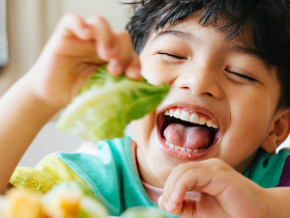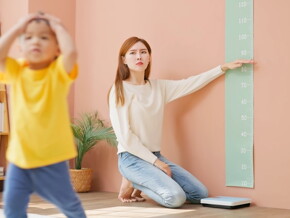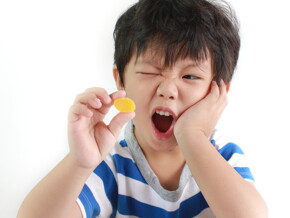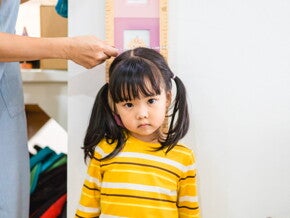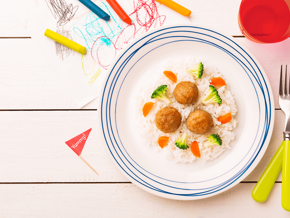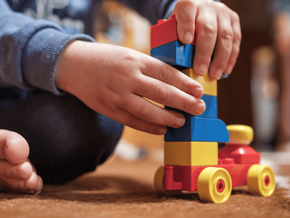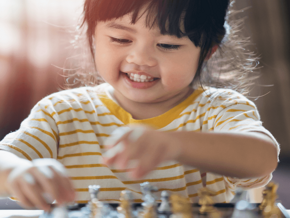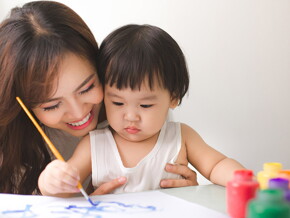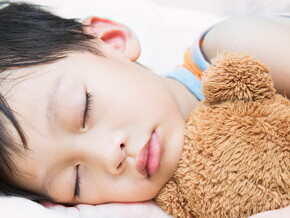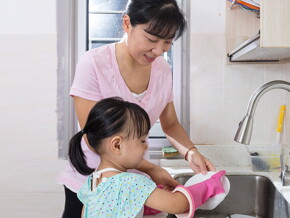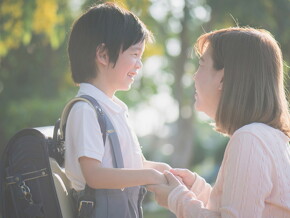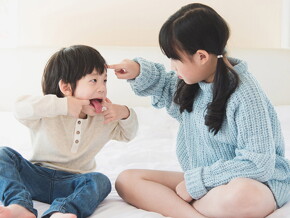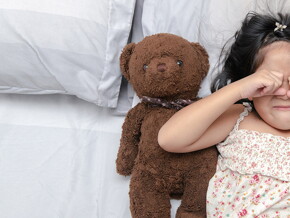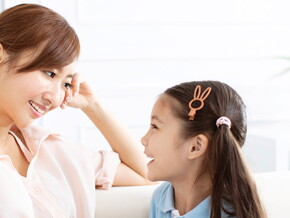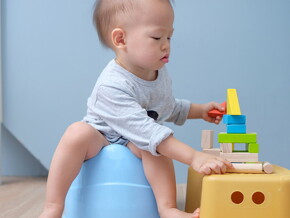
Safety Around Home
If you constantly discourage his curiosity, he may eventually lose his motivation to learn and explore.
Isn't my toddler safest if I keep him in a play yard most of the time?
While it may be tempting to keep your toddler buckled up somewhere to keep him out of trouble, doing so frequently is not good for his development. If you constantly discourage his curiosity, he may eventually lose his motivation to learn and explore.
You'll also be able to be a more relaxed parent if your toddler is able to move around your house with less risk of harming himself or your family's things.
How can I make my house safe for my toddler?
Here are some hints:
- Install child-safe gates that can help contain your child in a room or area where you can easily monitor him as you go about your business.
- Place all sharp objects and choking hazards out of reach. These include coins, buttons, scissors, paper clips, beads, glass, razor blades, pins, screws, and nails.
- Eliminate all access to small appliances, power tools, knives, paint, matches, alcohol, gasoline, and kerosene. Avoid keeping a gun in the house; if you must have one, keep it unloaded and locked up.
- Install locks for cabinets and drawers that toddler can reach if they contain objects that are meant for adult handling only.
- Unplug electrical appliances when they are not in use. Keep electric cords out of reach and cover electrical outlets.
- When cooking, make sure that pan handles do not stick out over the stove top. Keep toddler out of the area when you are opening oven doors and handling hot foods and beverages. If possible, remove stove dials when they are not in use to prevent your child from turning on the stove.
- Keep all cleaning supplies out of toddler's reach or in a locked cabinet. Also keep out of reach all soaps, shampoos, cosmetics, and medicines.
- Secure all drapery cords around wall brackets that are out of toddler's reach. Also remove any mobiles, hanging toys, and cradle gyms from his crib if you have not done so already.
- Protect any open windows with barriers so that your toddler cannot climb out. Keep chairs and tables away from windows so that it is not easy for him to climb up to them.
- Never let toddler have access to a bucket or other container that has even a small amount of water. Toddlers can quickly drown in even a small amount of water.
- Do not leave plastic bags around the house. Children can pull them over their heads and quickly suffocate.
- Test how stable tall pieces of furniture are. If they seem unsteady if pulled upon, anchor them to the wall or put them behind other pieces of furniture.
- Set up fences or other barriers in your home's outside play area. If you have outdoor play equipment, make sure sand, wood chips, or other soft material is underneath to provide a soft landing for falls.
- Always have a fully stocked first-aid kit on hand.
- Keep phone numbers for the police, fire, and poison control departments close to the phone.
Disclaimer: This content is shared for informational purposes only and not intended to be a substitute for professional/medical advice, diagnosis, or treatment. We recommended that you always seek the advice of your healthcare professional for any questions you may have regarding a medical condition/specific situation.
